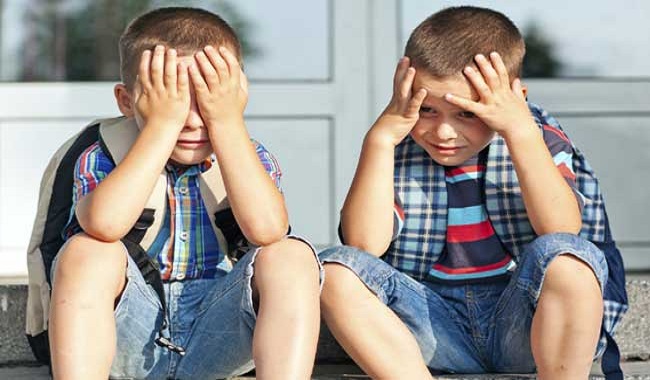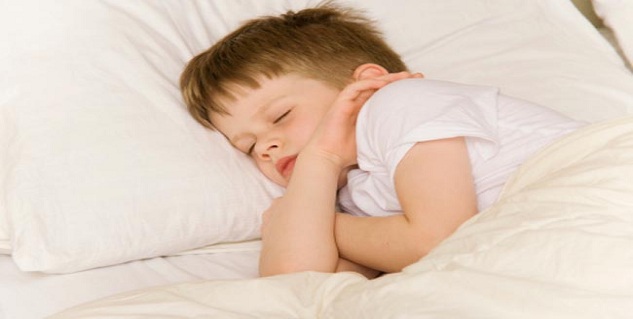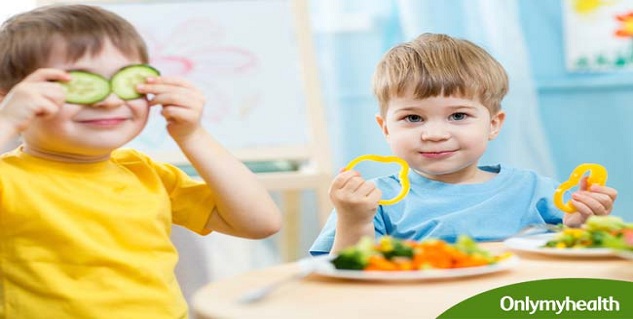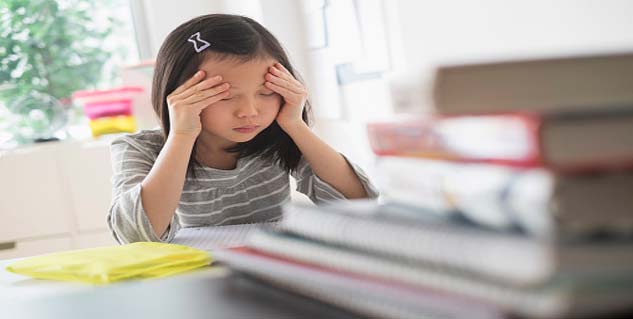
Aakash describes his problem to be a bad headache. The poor 10-year old does not understand that migraine is a neurological disease with head pain and has other associated symptoms, such as nausea, vomiting, dizziness, sensitivity to touch, sound, light, and odours, abdominal pain, and mood changes.
Table of Content:-
Causes of migraine in children can vary just like its symptoms. The problem can be as disabling as in adults and can seriously affect the child’s quality of life. However, as compared to adults, children experience fewer and shorter migraine attacks.
Migraine Triggers
Migraine attacks are unpredictable and experience teaches the child sufferers and their parents about what triggers these attacks. A wide range of activities carried out by children in different environments put them under pressure.
A few triggers that can cause a migraine attack to your child are:
Sleep

A disturbed sleeping pattern can cause migraine in children. The pattern may includes sleeping too much or too less. Set regular sleeping times for going to bed and getting up for your child to avoid developing an attack.
Dehydration
Not drinking enough water triggers migraine attacks. This holds true especially for children who are less active. Give your child a big water bottle for school and ask him/her to drink it frequently.
Diet
Migraine can be controlled with limited changes to the diet. Identify if certain foods cause your child to get a migraine attack and avoid feeding your child those foods. Sometimes, an oncoming migraine attack may create a craving for a certain kind of food. If the child eats that food it will be difficult to decide if the food eaten before the attack brought on the migraine, or if the attack was already starting.
Hunger

Eating insufficient food is one of the most important dietary triggers of migraine in children. Missing meals, especially breakfast harms them. Likewise, sugary foods instead of a balanced diet can contribute to a migraine attack. Feeding your child small nutritious snacks at regular intervals can help control the migraine episodes.
Stress
Peers, exams, filial problems can all contribute in stressing your little one. The poor souls may find it hard to deal with these worries. Talk to your child and help him get over his worries. Relieving the stress will help avoid migraine attacks.
Exercise
While exercising is beneficial for health, sudden physical activity can trigger migraine. This doesn’t mean your child needs to stop exercising. Setting up a routine of regular exercises may help in stopping the attacks. Make sure your child drinks enough water before starting any physical activity like running, swimming, or playing his favourite sport.
Environmental Factors
Certain unavoidable environmental factors such as bright light or weather changes can also cause a migraine attack. While they can’t be avoided, your child must not worry about them. Worrying can aggravate the condition.
Screens
A strong glare on the computer or TV screen can trigger a migraine attack. So can the continuous flicker on the screen. Encourage your child to take frequent breaks from working at the computer, watching their favourite TV shows, or playing video games.
Effects of Migraine on Child’s Daily Life

Migraine can affect your child’s life enormously. Along with the physical pain and discomfort, migraine symptoms can be frightening for the child, especially when they happen for the first time.
The anxiety about getting a migraine attack spontaneously can make your child to miss out on activities that he/she may otherwise enjoy doing. If the child experiences a migraine attack in school, he/she is sent back home, leaving him/her feeling frustrated and “different”.
The education also lags when a child misses classes because of the health condition and is stressed about completing the pending work. This obviously can become a particular problem when attacks happen regularly.
Some children experience ‘weekend migraine’, where the headache is brought on by relaxing at the end of the week. It can affect activities with family and friends, so a child may feel left out. Migraine may begin to affect their social life which might lead to feelings of low self-esteem.
Consult a doctor is your child suffers from frequent or disabling headaches or migraine symptoms.
Read more articles on Understanding Migraine.
For more related articles, download OnlymyHealth App.
Read Next
Migraine and its Different Types
How we keep this article up to date:
We work with experts and keep a close eye on the latest in health and wellness. Whenever there is a new research or helpful information, we update our articles with accurate and useful advice.
Current Version